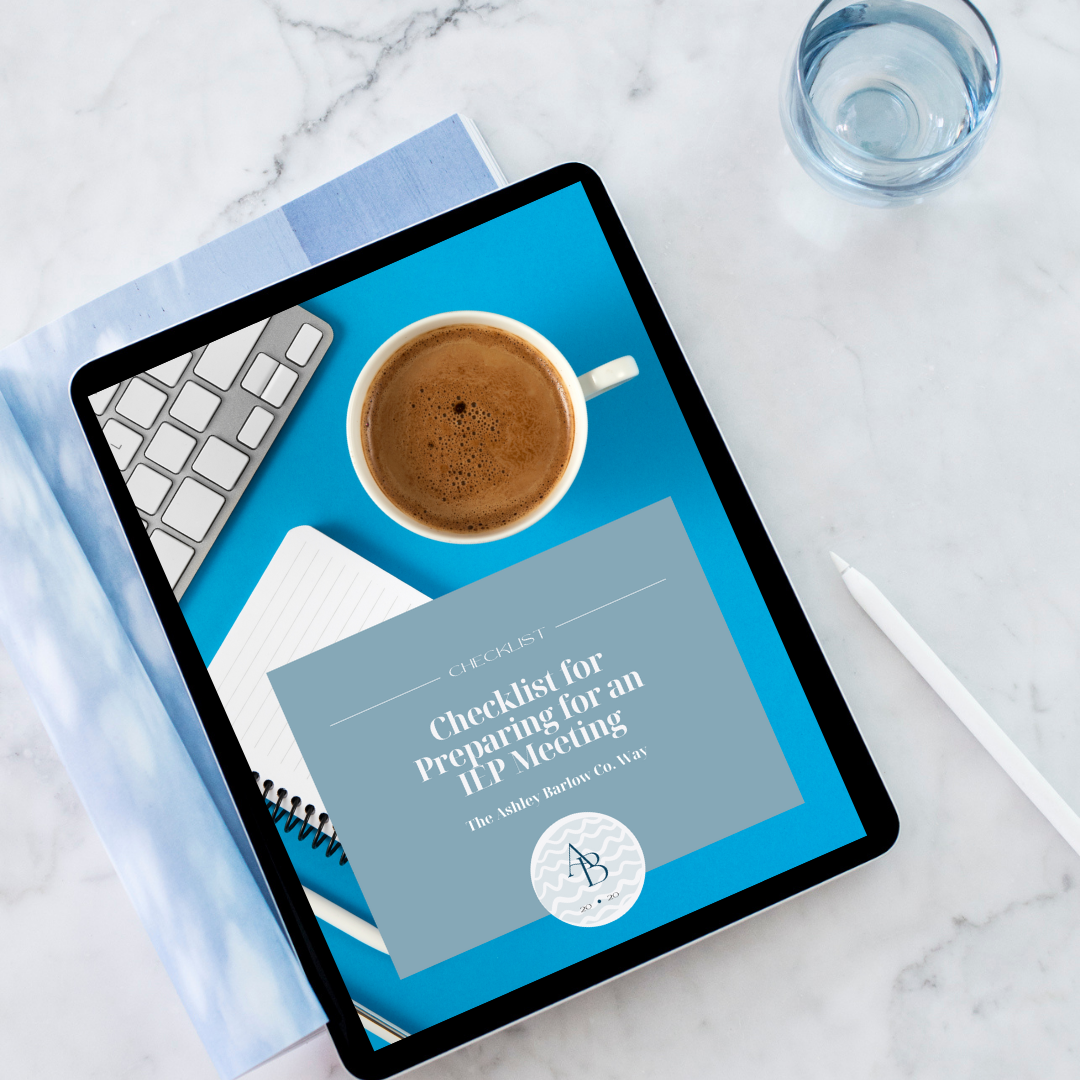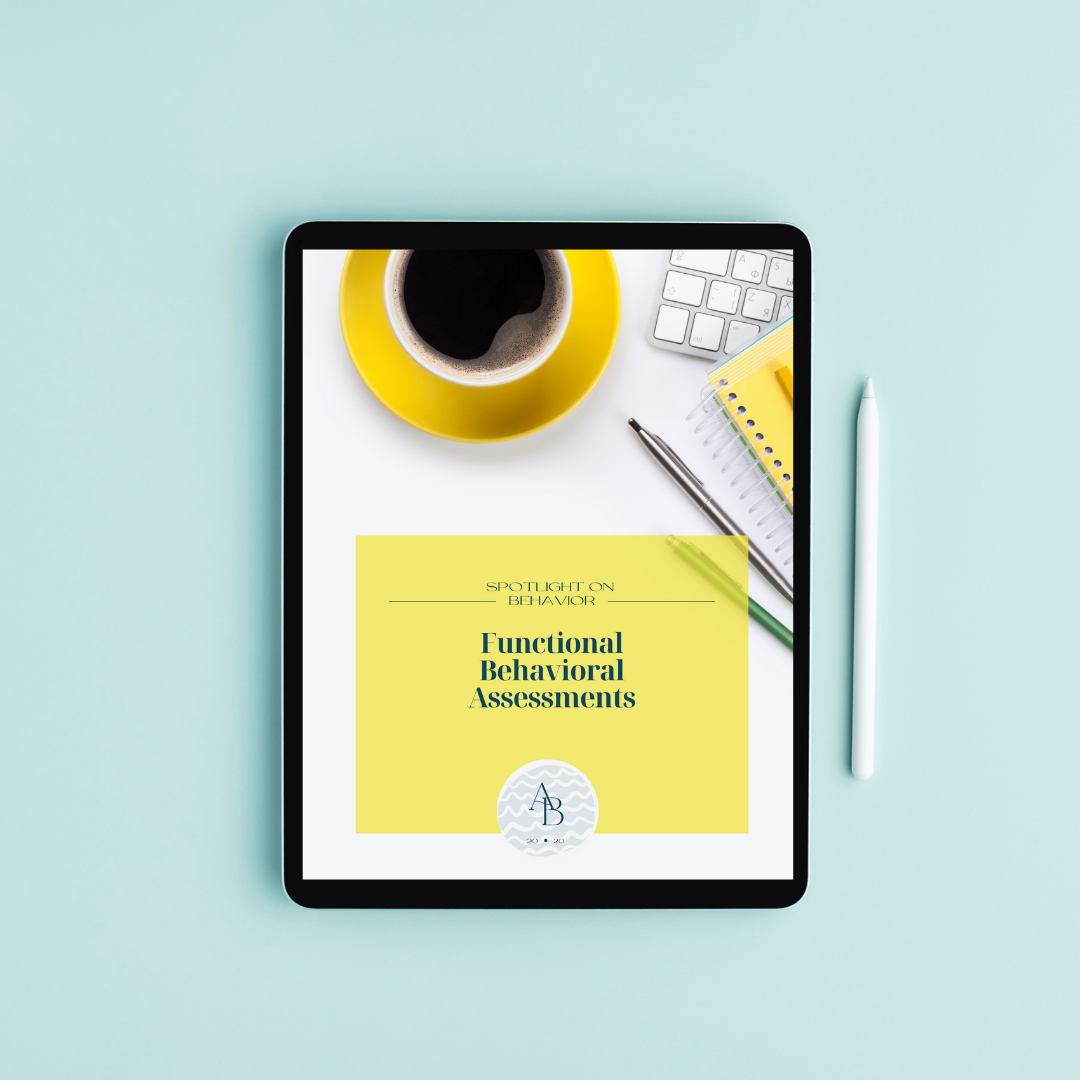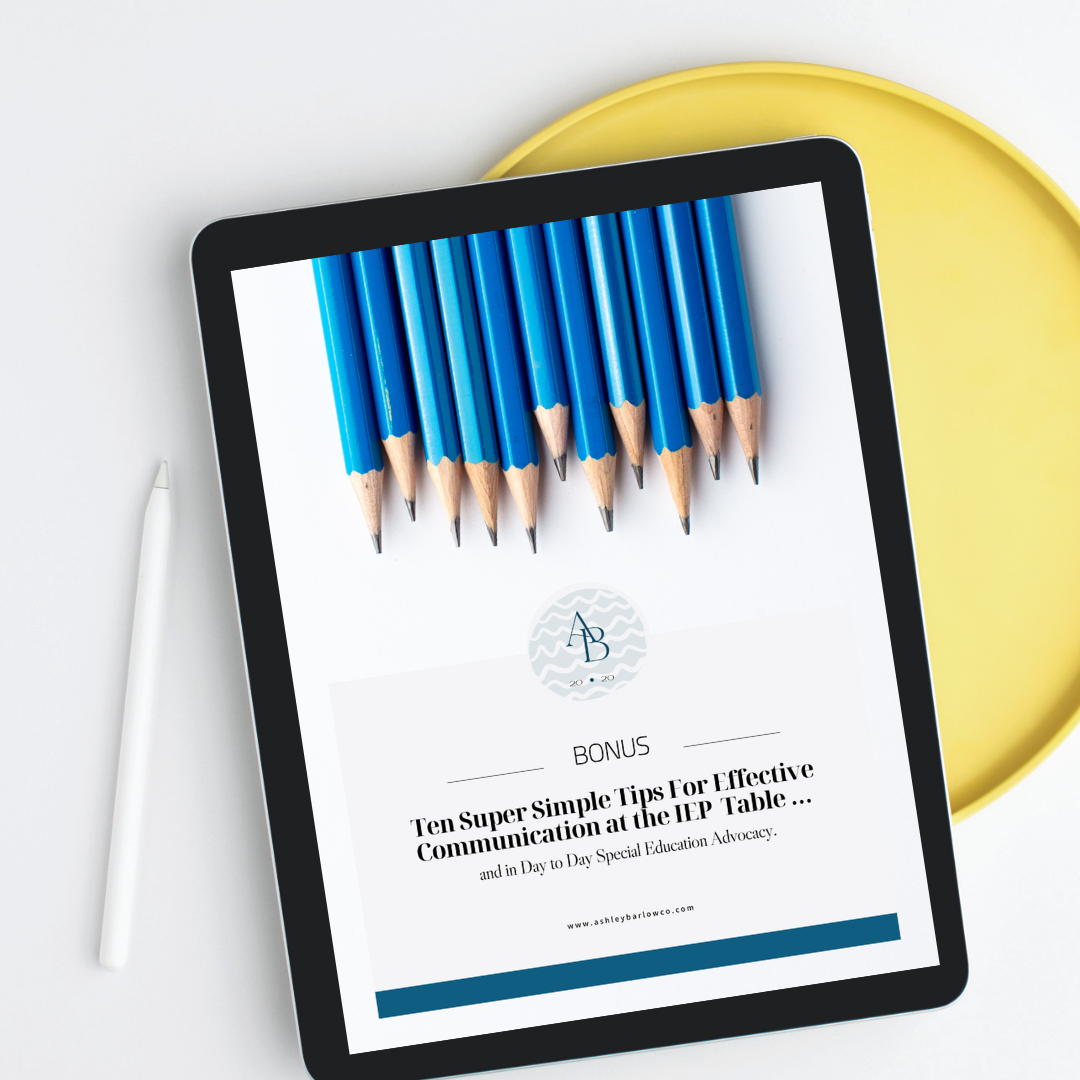Academic integrity is a cornerstone of higher education, reflecting a student’s commitment to honesty, responsibility, and fairness.
The University expects all students to contribute to the atmosphere of integrity by observing the principles of academic honesty.
However, in the fast-paced world of college, with short deadlines and academic pressures, even well-intentioned students can inadvertently create the appearance of dishonesty or inadvertently engage in cheating.
This can lead to unnecessary consequences that tarnish a student’s reputation and record.
In this post, we’ll explore how to avoid the appearance of academic dishonesty and ensure that your academic journey remains a reflection of your hard work and ethical principles.
1. Know What Counts as Academic Dishonesty—It’s More Than Just Cheating
The first step in avoiding any appearance of dishonesty is understanding exactly what it entails.
Many students mistakenly think that cheating only involves blatant actions like copying from a classmate or sneaking notes into an exam but it’s much broader. Understanding your school’s specific code of conduct is the first step in protecting yourself and maintaining your integrity.
However, academic dishonesty can take many forms, many of which students assume are permitted, such as :
- (Unintentional) Plagiarism: Using someone else’s words or ideas without proper attribution.
- Collusion: Working with others on assignments meant to be completed individually.
- Fabrication: Providing incorrect data, citations, or information in assignments.
- Unauthorized Collaboration: Working together on projects or papers when the instructor has not permitted it.
- Self-Plagiarism: Submitting your own previous work for a new assignment without permission.
Students need to be familiar with their institution’s academic integrity policy, and understanding the specific expectations of each professor can help them avoid these pitfalls.
2. Cite Your Sources Properly
One of the most common forms of unintentional academic dishonesty is plagiarism. To avoid it, always cite your sources properly, whether you’re quoting directly, paraphrasing, or even drawing on someone’s ideas. Different disciplines use different citation styles (e.g., APA, MLA, Chicago), so it’s crucial to know which one is required for each assignment.
Tips for proper citation:
- Keep track of all the sources you use from the very beginning.
- Use citation management tools (like Zotero or EndNote) to organize and format citations.
- When in doubt, cite! It’s always better to over-cite than to under-cite.
- When reviewing your draft, ensure that each cited source is accurate.
3. Avoid Collaboration When Not Allowed
Collaboration can be a gray area in academic work. In some cases, professors encourage group work; in others, they expect individual effort. Misunderstanding the boundaries can lead to accusations of collusion or unauthorized collaboration.
To avoid confusion:
- Clarify expectations: If you’re unsure whether collaboration is allowed, ask your professor for guidance.
- Document group efforts: When working on group projects, keep clear records of each person’s contributions.
- Don’t share your work: Even if helping a friend, sharing your completed assignments or solutions can lead to accusations of cheating. Instead, guide them toward understanding the material without giving them your work.
4. Manage Your Time Effectively
Procrastination is one of the biggest contributors to academic dishonesty. When students feel the pressure of looming deadlines, they may cut corners, rush assignments, or make careless mistakes that appear dishonest. To avoid these situations, it’s essential to develop strong time management skills.
Time management tips:
- Break large assignments into smaller, manageable tasks with their own deadlines.
- Use tools like calendars, planners, or apps to stay organized and track due dates.
- Start early on assignments to give yourself plenty of time for revisions and final edits.
5. Be Cautious During Exams
During exams, even innocent actions can be misconstrued as cheating. To avoid creating the wrong impression, it’s important to follow all rules carefully and be mindful of your behavior.
Best practices for exams:
- Follow instructions closely: Make sure you understand what is allowed (e.g., open book, notes) and what is not.
- Computer /Tech Compliance: Ensure that your computer, tech, and exam software are up-to-date and in compliance with the requirements for the exam.
- Keep your workspace clear: Avoid having unauthorized materials near you, even if you don’t plan to use them.
- Respect time limits: Stop writing immediately when time is called to avoid any appearance of gaining an unfair advantage.
- Avoid looking around: In a proctored or in-person exam, even glancing around the room can be perceived as attempting to look at someone else’s paper.
6. Ask for Help When You Need It
Sometimes, students resort to dishonest actions because they feel overwhelmed or unprepared. Remember that it’s okay to ask for help when you’re struggling. Whether it’s through tutoring, office hours, or academic support centers, reaching out for assistance is a proactive way to stay on track.
Ways to seek help:
- Meet with your professor: Professors appreciate when students show initiative by asking for clarification or assistance with difficult topics.
- Use campus resources: Many colleges offer free tutoring, writing centers, and study groups.
- Form study groups (if allowed): Collaborating with classmates in study sessions can help deepen your understanding—just be sure it’s permitted for the assignment at hand.
7. Avoid Reusing Your Own Work Without Permission
Self-plagiarism, or reusing your own previously submitted work, can lead to accusations of academic dishonesty. Even though the work is yours, turning in the same paper for multiple assignments without the professor’s approval is often against school policies.
To avoid this:
- Always ask your professor if you want to build on previous work for a new assignment.
- Clearly reference and cite any sections of prior work if reuse is permitted.
8. Use Technology Wisely
Technology offers both benefits and risks when it comes to academic integrity. While tools like the internet and online collaboration platforms can enhance learning, they also make it easier for mistakes or dishonest actions to occur.
Stay mindful of technology use:
- Don’t rely on unsanctioned online help: Websites that provide completed answers or essays may seem like a quick fix, but using them is considered academic dishonesty.
- Use anti-plagiarism tools: Before submitting assignments, run your work through plagiarism checkers (e.g., Turnitin) to ensure that no unintentional copying has occurred.
- Be cautious with shared documents: When working on group projects through shared online platforms, ensure each person is contributing their original work.
9. Communicate Openly with Professors
If you ever find yourself in a situation where you’re unsure about assignment guidelines or expectations, don’t hesitate to ask your professor for clarification. Open communication can prevent misunderstandings and ensure that you’re adhering to the rules of the course.
- Clarify instructions early: If assignment requirements are unclear, seek clarification well before the due date.
- Explain special circumstances: If something personal is affecting your ability to meet deadlines or perform well, inform your professor. They may be able to provide extensions or accommodations.
Conclusion
Academic dishonesty, whether intentional or accidental, can have serious and lasting consequences. In addition to academic penalties, students found responsible may face a disciplinary record that can remain on file for up to seven years, potentially affecting their graduate school applications, licensing, and employment opportunities.
By understanding what constitutes dishonest behavior, citing your sources properly, managing your time effectively, and maintaining open communication with your professors, you can avoid even the appearance of academic dishonesty and ensure that your academic achievements truly reflect your hard work and integrity.
If you are ever accused of academic dishonesty, do not attend any meeting with your school until you’ve consulted an attorney experienced in higher education and academic integrity matters. These initial meetings—often framed as informal or fact-finding—can carry significant weight and may be used to build a case against you. Students often make the mistake of going in unprepared, speaking off the cuff, or assuming the process is simply a misunderstanding that will be cleared up easily.
In reality, what you say in those first moments can shape the entire trajectory of your case. An experienced education attorney can help you understand the process, protect your rights, and ensure your words aren’t misinterpreted. Your academic future and reputation may depend on it.







